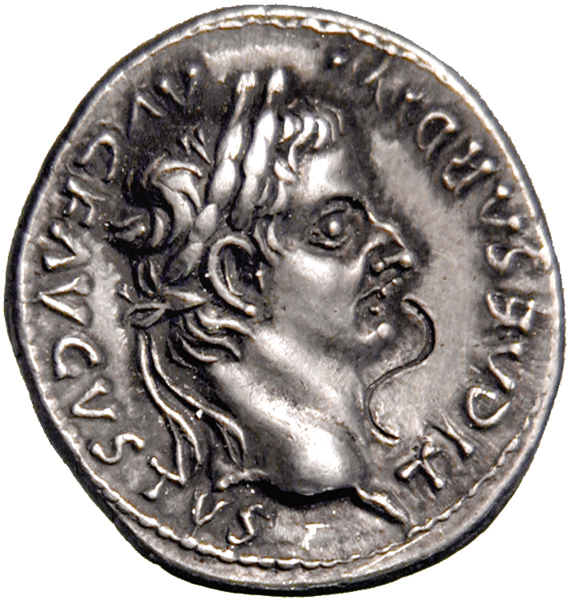“Render therefore to
Caesar the things that are Caesar’s, and to God the things that are God’s.” St. Matthew 22:21
It was
quietly noted a few weeks ago that Treasury Secretary Steve Mnuchin has declined
to endorse an Obama administration plan to put Harriet Tubman on the $20
bill. His predecessor, Jacob Lew, saw
honoring the great antislavery hero as the first step in redressing a historic
imbalance in the way we have honored national heroes. The $20 bill was a convenient place to start,
as Andrew Jackson has come under fire in recent years for his slaveholding and
for his decision to forcibly remove Indians to the West along the infamous
Trail of Tears.
But Andrew
Jackson also happens to be one of President Trump’s personal heroes. The President honors Jackson as a brave
soldier, and a symbol of democracy, the first true man of the people to be elected
to our nation’s highest office. The
president laid a wreath at Jackson’s tomb as part of the 250th
anniversary celebration of his birth and has hung a painting of him in the Oval
Office.[1] You can be sure that Old Hickory won’t be
leaving the currency on his watch.
The debate
over the $20 bill has caused some impassioned repartee, at least among the sort
of people who frequent the Facebook page of this former history major.


